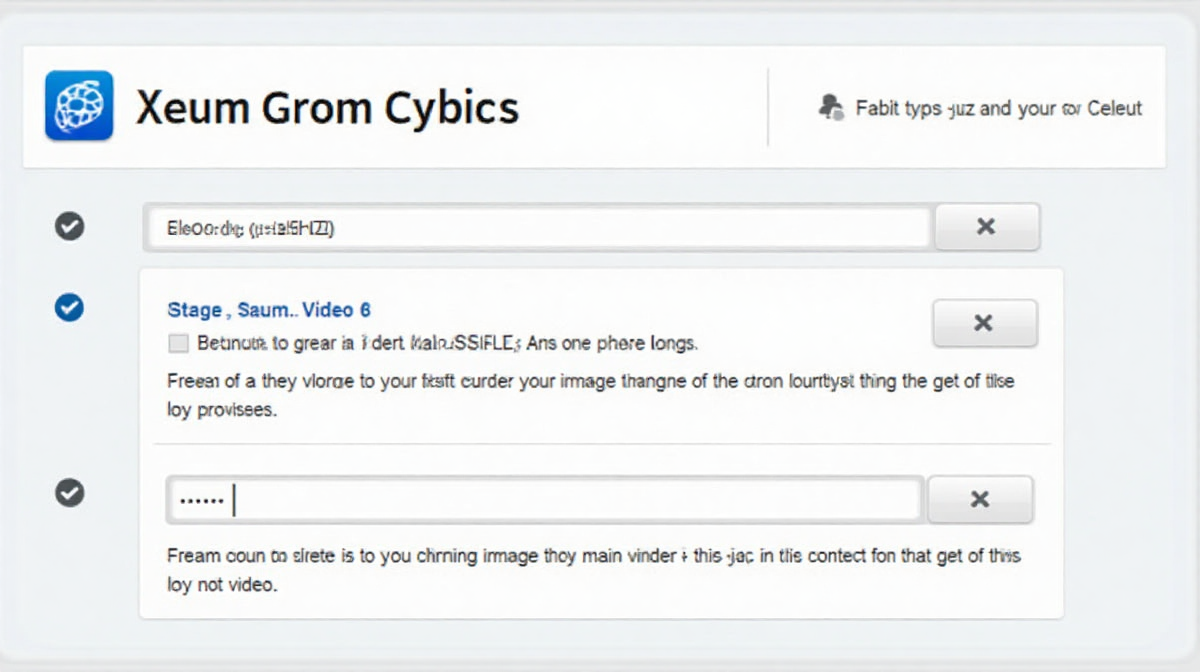The Ultimate Guide to On-Page SEO in 2024
Understanding the Core Components of On-Page SEO
On-page SEO is the practice of optimizing individual web pages to improve a website's search engine rankings and attract more organic traffic. It's about making your content relevant, valuable, and easily understandable for both search engines and users. A strong foundation in on-page SEO is crucial, even with platforms like starda casino играть gaining popularity, as organic search remains a vital traffic source. Let's start with keyword research integration. While keyword research identifies the terms people search for, integrating them naturally into your content is key. Don’t force keywords; focus on creating valuable information.
Keyword Research Integration
The first step is thorough keyword research. Identify the terms your target audience uses when searching for information related to your business. Tools like Google Keyword Planner can help you discover relevant keywords and analyze their search volume and competition. Consider keywords related to online gaming, such as “online casino bonus” or even specific games available on platforms like starda casino сайт.
Title Tag and Meta Description Optimization
Title tags and meta descriptions are crucial elements that appear in search engine results pages (SERPs). They are your first impression, so make them count! A compelling title tag should accurately reflect the page's content and include your primary keyword. Keep it under 60 characters to avoid truncation. Meta descriptions provide a brief summary of the page’s content. They should be engaging and encourage users to click. Aim for around 155-160 characters.
Header Tag Structure & Usage
Header tags (H1 to H6) help structure your content and signal its importance to search engines. Use H1 for the main heading of the page, and subsequent header tags (H2, H3, etc.) to break down the content into logical sections. Incorporate relevant keywords into your header tags, but again, prioritize readability and natural language. For example, if discussing poker strategy, you might use “Advanced acr poker Techniques” as an H2 heading.
Content Optimization: Deep Dive
Content is the heart of any successful SEO strategy. High-quality, informative, and engaging content is essential for attracting and retaining visitors, as well as improving your search engine rankings. Remember that even sites dedicated to entertainment, like those promoting media poker content, need strong SEO to stand out.
Keyword Density and Placement
Keyword density refers to the number of times a keyword appears in your content relative to the total number of words. While keyword density isn’t as important as it once was, incorporating keywords naturally throughout your content is still valuable. Focus on using keywords in your introduction, body paragraphs, and conclusion. Avoid keyword stuffing, which can harm your rankings.
Readability and User Experience
Search engines prioritize websites that offer a positive user experience. Make sure your content is easy to read and understand. Use short paragraphs, bullet points, and images to break up the text. Pay attention to font size and color contrast to ensure readability. A fast loading website is also crucial for UX.
Optimizing Content for Featured Snippets
Featured snippets are concise answers to search queries that appear at the top of Google's search results. Optimizing your content for featured snippets can significantly increase your visibility. Answer common questions related to your keywords directly and concisely within your content. Use structured data markup to help search engines understand your content.
Technical SEO Essentials for On-Page Ranking
Technical SEO refers to the behind-the-scenes aspects of optimizing your website for search engines. These are crucial for ensuring your site is crawlable, indexable, and user-friendly. Many players seeking a smooth online experience, even when using platforms like starda casino, appreciate technically sound websites.
Website Speed Optimization
Website speed is a major ranking factor. Slow-loading websites can frustrate users and negatively impact your search engine rankings. Optimize images, minimize HTTP requests, and leverage browser caching to improve your website speed.
Mobile-Friendliness & Responsive Design
With the majority of searches now performed on mobile devices, it's essential to have a mobile-friendly website. Responsive design ensures your website adapts to different screen sizes, providing a seamless user experience on all devices.
Schema Markup Implementation
Schema markup is code that you can add to your website to help search engines understand your content. It provides additional context about your pages, making it easier for search engines to display rich snippets in search results.

Image and Video SEO
Images and videos can enhance your content and improve user engagement. Optimizing them for SEO can further boost your rankings.
Optimizing Image Alt Text and File Names
Alt text is a description of an image that is displayed if the image cannot be loaded. Use descriptive alt text that includes relevant keywords. Also, use descriptive file names for your images.
Video Schema and Transcriptions
If you include videos on your website, use video schema markup to help search engines understand the content of your videos. Provide transcriptions for your videos to make them accessible to a wider audience and improve SEO.

Staying Updated with Google's Algorithm Updates
Google's search algorithm is constantly evolving. Staying updated with the latest algorithm updates is crucial for maintaining your search engine rankings. Follow SEO industry blogs and publications to stay informed about the latest changes. Understanding how these updates might affect online platforms like starda can help refine your strategy.

